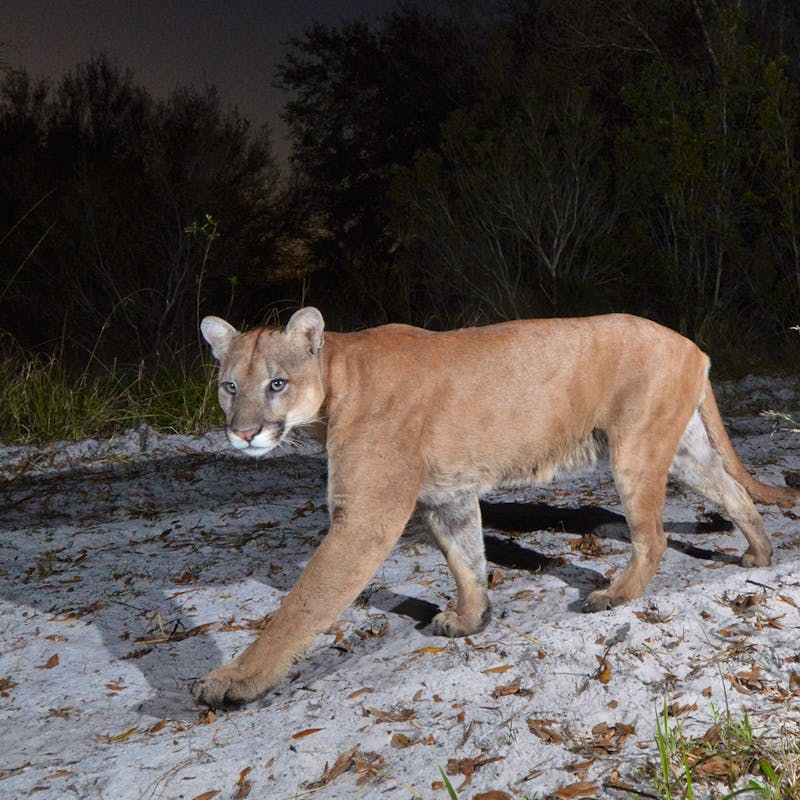
A green winged teal, one of the ducks threatened by the spill. Photo courtesy of Tom Munson, US Fish and Game
By October, large numbers of migratory birds will flock south to the Gulf of Mexico after a summer spent in Canada’s Boreal Forest. Ready to spend the winter in Louisiana marshes – typically rich with food – these ducks have no idea what’s in store for them when they touch down. What impacts will a vastly different Gulf region have on these birds?
Dr. Jeff Wells, senior scientist for the Boreal Songbird Initiative, an organization dedicated to outreach and education about the importance of the Boreal Forest region to North America’s birds, other wildlife and the global environment, addresses this very question in a new article, “Gulf oil spill puts million of Canada’s migratory birds at risk.”
“The Gulf Coast, especially the Mississippi River Delta, is vitally important for many wetland bird species. The marshes, beaches and tidal flats provide ideal nesting and migratory stopover habitat for millions of waterfowl, seabirds, shorebirds and other waterbirds. These habitats also house the fish, mollusks and other marine life of the Gulf of Mexico, which make up the food supply for these birds. Scientists worry that the impact on some of the smaller food sources like plankton could have a far-reaching ripple effect on the entire food chain.”





Follow Defenders of Wildlife
facebook bluesky twitter instagram youtube tiktok threads linkedin